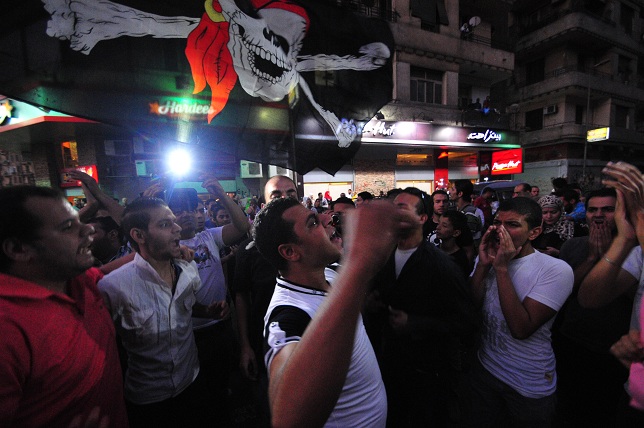The Ministry of Religious Endowments requisitioned two mosques in the city Fayoum on Monday, as part of measures to regulate religious speech in Egypt.
The mosques were alleged to belong to Al-Jamia Al-Shariya, an NGO accused of having links to the Muslim Brotherhood, and the Salafi Call, the religious arm of the Salafi Nour Party.
The Salafi Call is one of Egypt’s strongest fundamentalist Islamic groups, which is heavily present in Alexandria where it controls many major mosques directed to charity and preaching. The Nour Party is the only active Islamist political entity which is allowed to take part in electoral politics in Egypt since the ouster of former president Mohamed Morsi.
The party is known to have supported the post-3 July regime and the current government of President Abdel Fattah Al-Sisi. Despite being attacked by civilian forces, it is expected to have a strong presence competing for seats in the upcoming parliamentary elections.
Abdel Nasser Atyan, a deputy with the Ministry of Religious Endowments in Fayoum, said that the Salafi Call has used the mosque “outside of the jurisdiction of the Ministry of Religious Endowments”. This was the reason “it was ordered to remove all personal interests from the mosques”. The mosque, called Al Madina Al-Monawara, is currently being controlled by the ministry’s directorate in Fayoum.
Atyan said the upcoming days will include more measures to control mosques in the governorate.
The other mosque, named ‘Al-Sahaba’, was formerly controlled by the Al-Jamia Al-Shariya, but was taken over by the Ministry of Religious Endowments. It will be issued with an Azhari imam, and mosque workers for administration in the future.
Al-Jamia Al-Shariya had its funds and assets in 138 local branches confiscated by the Ministry of Justice’s committee entitled to review Muslim Brotherhood assets and funds, to prevent the funds from being used for political purposes.
Similarly, last Friday, state media reported that “fundamentalists” are controlling a number of mosques in Fayoum that are used for “political purposes” and which include non-registered preachers. It renewed its call for imams and officials at mosques not to allow any unauthorised persons to preach inside the buildings, warning that any violators could face legal consequences.
These moves come as part of a state policy to tighten the government’s grip on religious institutions and to dominate religious rhetoric, maintaining that only religious figures certified by the ministry can preach at mosques.
This comes in the context of a push by President Al-Sisi to renew religious discourse, and rid it of “extremist” ideologies.


